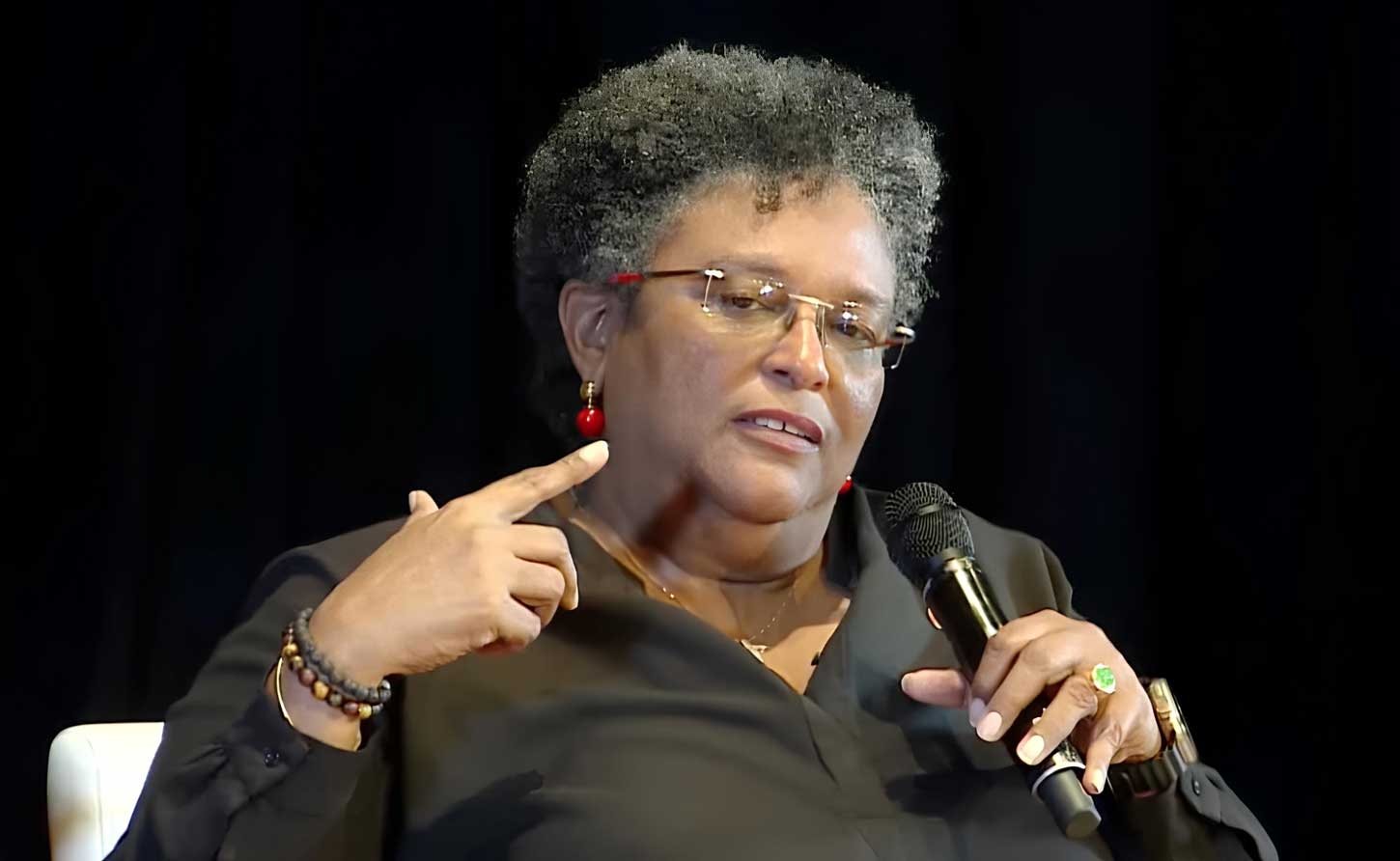CARICOM Welcomes Declaration of the Second Decade for People of African Descent

TURKEYEN, Georgetown, Guyana - January 19, 2025 - Having assumed the chairmanship of CARICOM once again, Barbadian Prime Minister Mia Amor Mottley has thrown her weight behind the United Nations' declaration of a Second International Decade for People of African Descent, while issuing a stark challenge to the international community on reparatory justice.
The declaration, which took effect on January 1, 2025, builds upon the momentum of the first decade's achievements, including the watershed recognition of CARICOM's ten-point plan for reparatory justice and the establishment of the UN Permanent Forum for People of African Descent. However, Mottley's message struck a note of urgency, emphasizing that the work is far from complete.
"We must continue to press the international community for a mature, face-to-face conversation at all levels," Mottley declared, pointing to the lingering shadows of slavery and colonialism that continue to impact the region. Her words carry particular weight as she steps into her role as CARICOM Chair, positioning the Caribbean as a crucial voice in the global dialogue on racial justice.
In what perhaps stands as the most damning indictment of current global inequities, Mottley highlighted the stark reality facing the African continent: "The spectacle of 600 million Africans without electricity in an age of artificial intelligence is in no way morally acceptable." This technological apartheid, as she effectively frames it, underscores CARICOM's commitment to strengthening ties with the African Union, acknowledging the Caribbean's role as Africa's symbolic sixth region.
The UN declaration has also found a powerful advocate in Prof. Sir Hilary Beckles, Chair of the CARICOM Reparations Commission (CRC). Beckles, whose scholarship has long illuminated the enduring impacts of colonial exploitation, hailed the second decade as a triumph of collaborative activism between civil society and governments across the Americas and Africa.
Under the theme "People of African Descent: Recognition, Justice and Development," the new decade signals an intensified commitment from UN agencies and the international community. The initiative aims to tackle persistent challenges faced by people of African descent globally, while promoting the protection and fulfillment of their fundamental human rights.
The declaration represents more than just symbolic progress; it provides a framework for concrete action on issues that have long plagued communities of African descent. CARICOM's endorsement, coupled with Mottley's forceful advocacy, suggests that the Caribbean will continue to play a pivotal role in shaping the global conversation around racial justice and reparations.
The timing of this second decade is particularly significant, coming as it does amid growing global recognition of historical injustices and their modern-day manifestations. With CARICOM's leadership firmly behind the initiative, the stage is set for a renewed push toward meaningful change in the lives of African-descended people worldwide.
-30-
